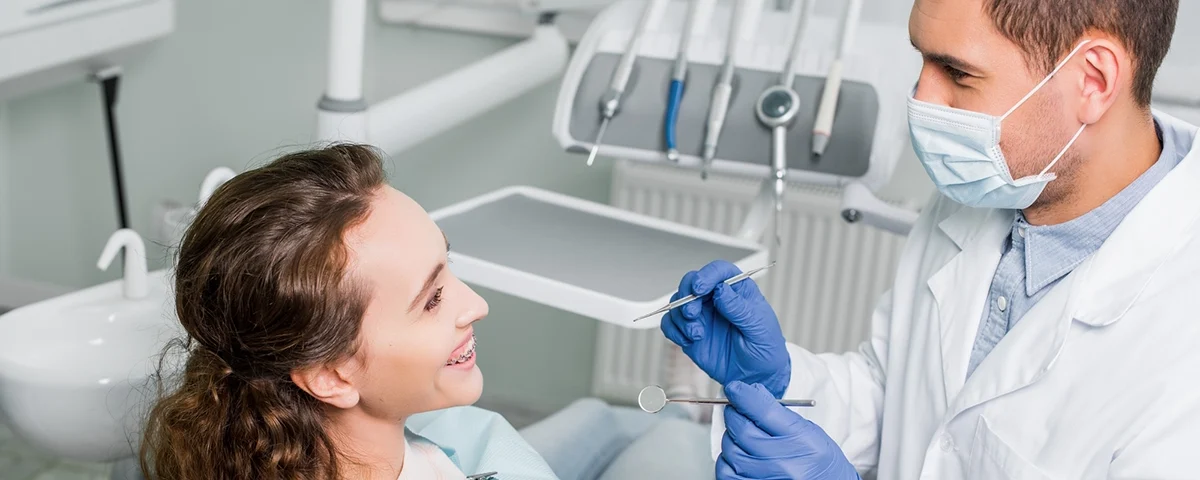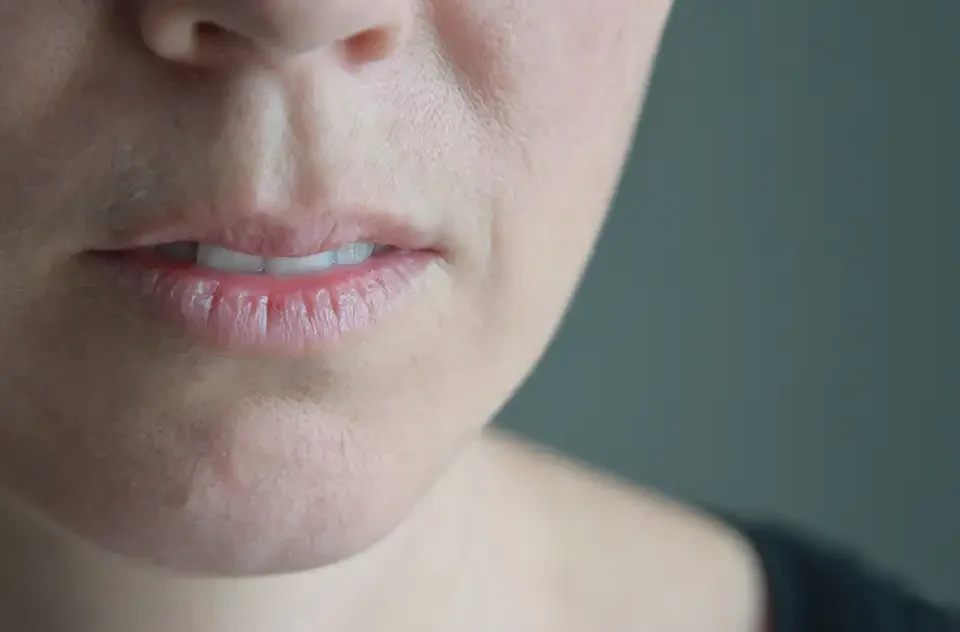How to Know If Sedation Dentistry is Right For You

What Are the Benefits of Sedation Dentistry?
July 26, 2023
What is Laughing Gas and What Are the Side Effects?
August 9, 2023
Sedation dentistry can be a great way to relieve any anxiety you may have about your next dental visit. It’s a great option to consider, but you should find out from your dentist if you are eligible for sedation dentistry. People with certain medical conditions or people who take certain medications may not be eligible. But how do you know if sleep dentistry is right for you?
Types of Sedation Dentistry
There are several types of sedation dentistry that you can choose for your next appointment. However, you should first talk to your dentist to find out which type would be best suited for your procedure.
Nitrous Oxide
Nitrous oxide, also known as laughing gas, is a common type of sedation used for minor dental procedures. It’s administered through a mask that covers the nose and gently puts patients in a dreamlike, but conscious, state.
Oral Sedation
Oral sedation is the lowest level of sedation dentistry, and it involves taking a pill the night before your appointment to help you sleep. You then take another pill an hour before your dental appointment so you can be asleep during your appointment.
Intravenous (IV)
Intravenous sedation, or IV sedation, is a type of sedation where an IV is put into your vein. The anesthetic flows through the IV and into your bloodstream, which temporarily puts you to sleep.
 Local Anesthesia
Local Anesthesia
Local anesthesia is used when the area that is going to be treated gets numbed to lessen the pain you feel. It’s usually applied with a numbing gel or with an injection into the gums. Most times, your dentist will first apply a numbing gel to the area they are going to inject with the stronger local anesthetic. That way you don’t feel the pinch of the needle in your gums as strongly.
General Anesthesia
General anesthesia is when you are completely put to sleep during your procedure. This may be necessary for patients who have extreme fears about getting dental work done, or it may be used for patients who are going in for more serious procedures.
Do You Need a Specialist for Sedation Dentistry?
You don’t need to see a special dentist for sedation dentistry as long as your dentist has been trained in sleep dentistry. This usually means that they have been accredited and have taken additional training to be able to perform the service. This means that if you already have a dentist you trust that offers sedation services, you can still continue to see that dentist for your dental care needs.
Possible Side Effects of Sedation Dentistry
Most patients feel very little to no side effects after being sedated at their appointment. However, there are some common side effects that you may want to be aware of before your appointment. Your dentist will tell you how long the effects of your chosen anesthetic should last. If side effects last longer than that time, call your dentist right away.
Some common side effects include:
- Nausea
- Dry Mouth
- Headache
- Drowsiness
- Sore Throat
- Memory Loss
- Numbness
With some types of anesthetics, you may be more likely to feel some of the residual effects of the medication. For example, if you’ve ever had local anesthesia for a filling, you may already know that you will be numb for a short amount of time after your appointment.
How Much Does Sleep Dentistry Cost?
Sleep dentistry on average costs anywhere from $50 to $500 or more depending on the type of anesthesia used and the type of procedure you are receiving. Some offices may charge a flat rate, and some may charge by the hour. Always talk to your dentist beforehand to find out what costs are involved with your procedures, and find out if your insurance will cover the costs.
Sleep Dentistry Recovery Time
Generally, the effects of sedation can take anywhere from 2-8 hours to wear off. It depends on the type of sedation that is used at your appointment and how strong that sedation method was. Some procedures and anesthetics may require that you get a ride home after your appointment. For example, if you get oral surgery, like wisdom tooth removal, you will more than likely need a ride home after your appointment since it will take a few hours for the sedation effects to wear off.
Sedation Dentistry Pain Scale
With most types of sedation dentistry, you shouldn’t feel any pain at all. However, some types of anesthesia may only cause you to feel minor discomfort. For example, if you get local anesthesia, you may still feel slight pressure while your teeth or gums are being worked on, but it shouldn’t be painful.
Want to Learn if Sleep Dentistry is Right for You?
If you’re ready to move towards getting sedation dentistry for your next appointment, contact us to set up a consultation. Dr. Lovik Mirzaeian’s office is here to answer any questions you have. We put your comfort and smile first, and we are dedicated to giving you top-notch dental care. Get ready to show off your perfect smile!



